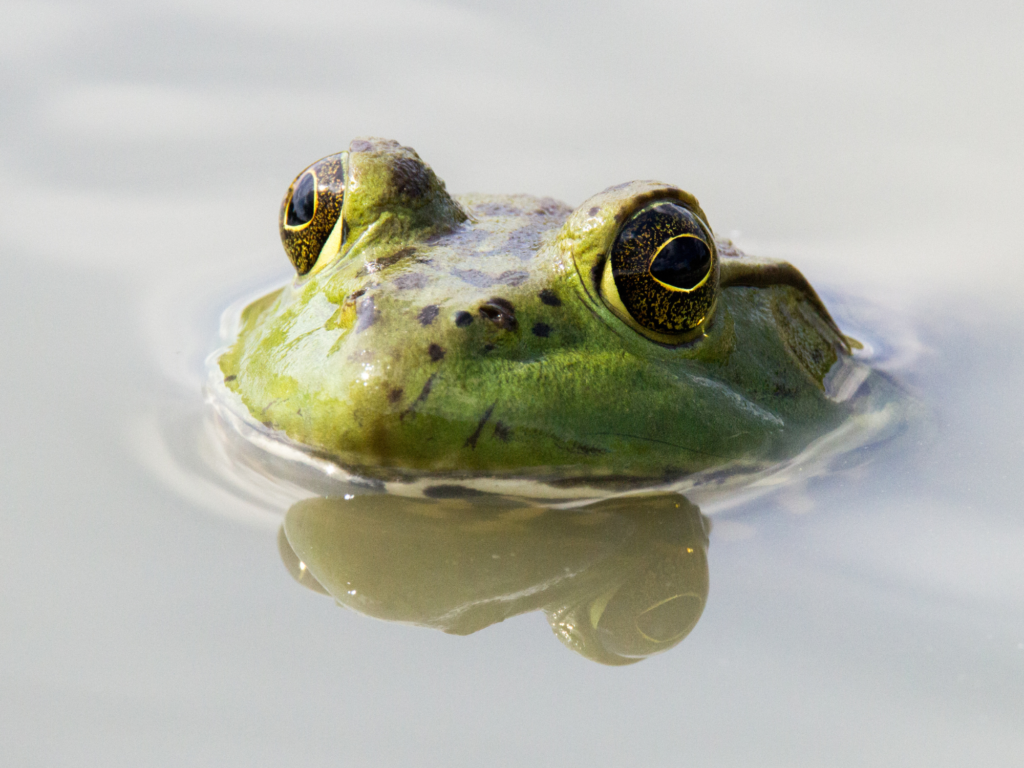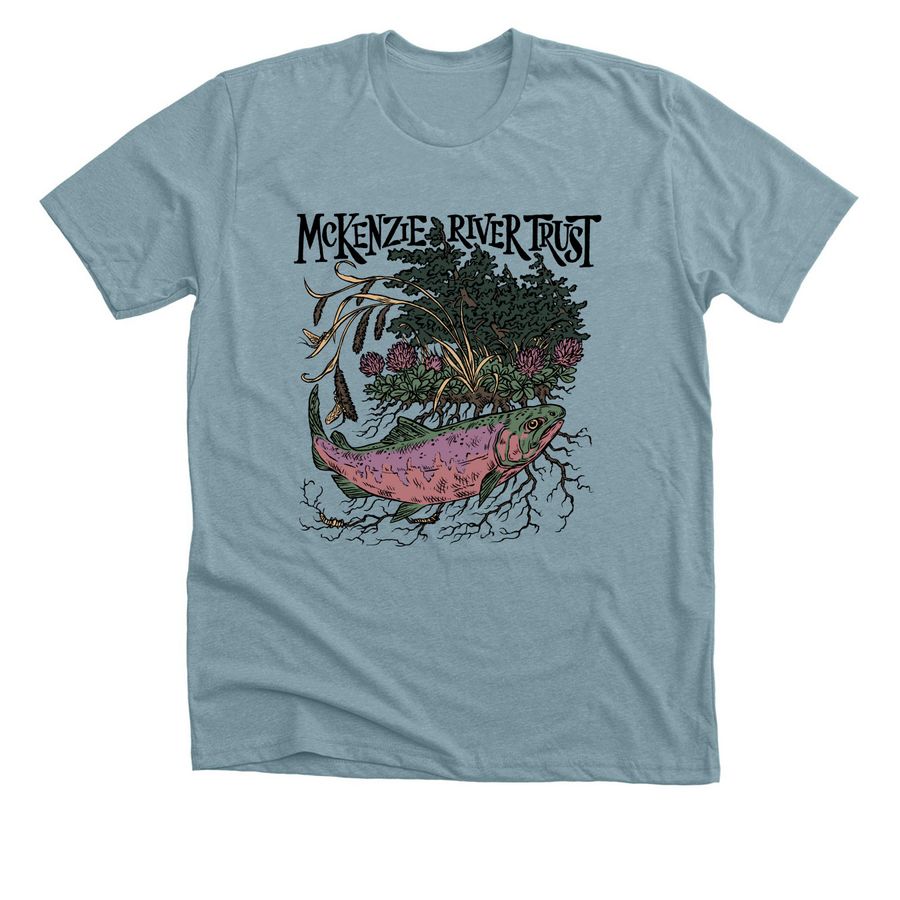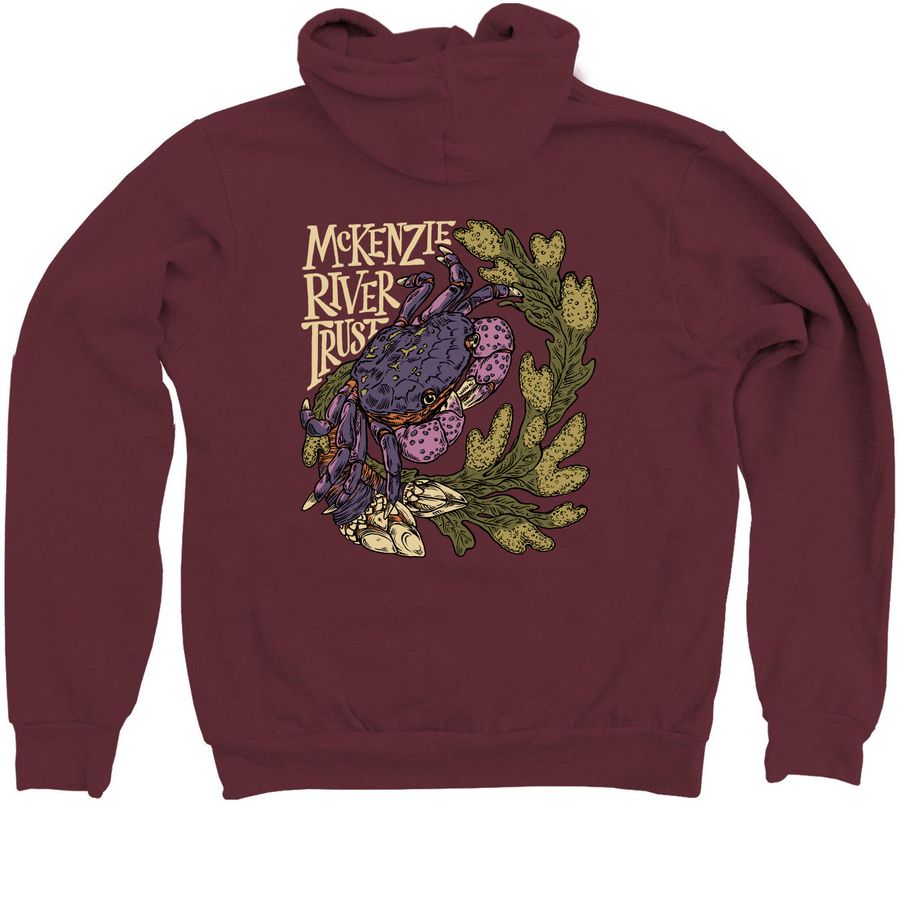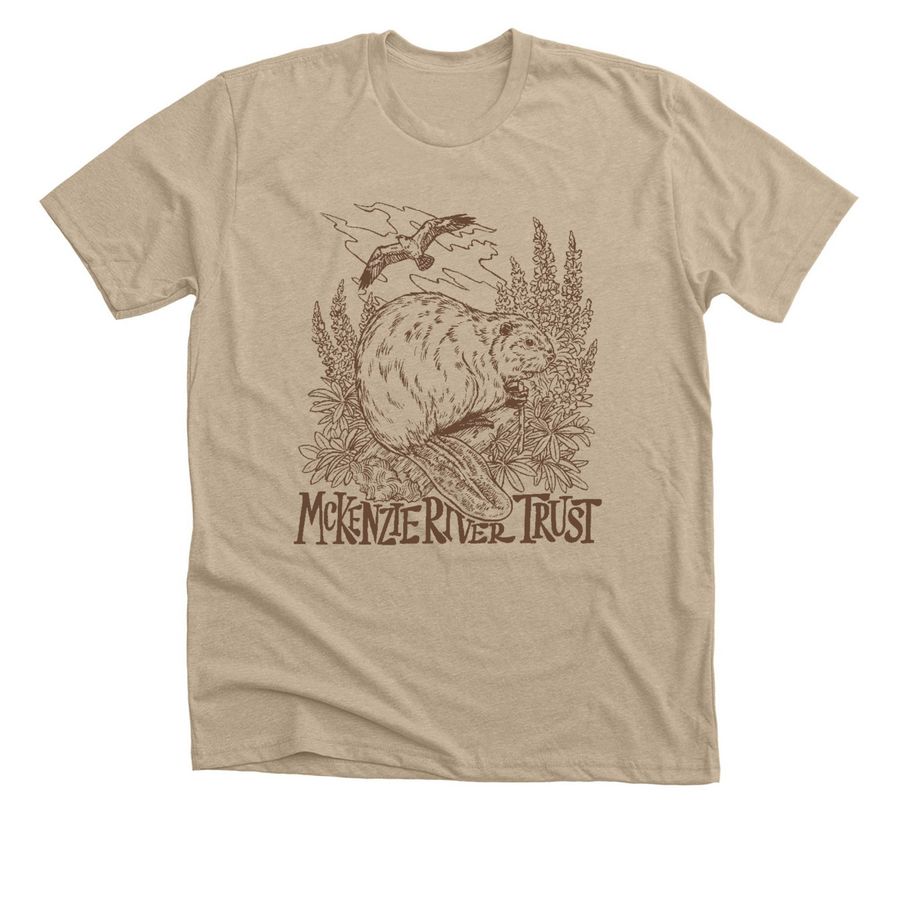Paul Dage

Frogs. In some very comforting way, they haunt me. Their throaty songs still croak from out of a distant yet familiar past, reminding me of youthful days when Popsicles, bubble gum and mischief were the dandy wonders that lured me, a tow-headed boy, from one carefree summer’s day to the next.
There were scads of them just a stone’s toss down the weedy, brier-filled slope of our backyard in Sutherlin, Oregon, where they basked in the L & L Lumber Company pond. It was crowded with Doug fir logs, each destined to be milled into two-by-fours and such. And on every one of those logs, or so it seemed, sat bullfrogs fat as sumo wrestlers. Their evening songs drifted up the hill and into my open bedroom window, and me.
Oh, what a wizard place that pond was for us—Mark and Bill, Lynn and Morris and, yes, even my younger sister, Bev. We lashed those logs into crude rafts and poled them across the dark, oil-fouled water. We had ramming wars, lobbing cattail bombs and screaming, “Full speed ahead!” On other days, we’d hunt frogs, skillfully, with long bamboo poles, dangling treble hooks we’d whored-up with scraps of red cloth. The bullfrogs leapt, tongues out, mouths wide, thinking they were bugs. We sold their legs at twenty-five cents a pair, a fortune in candy bars. Or we’d catch tadpoles in mayonnaise jars. Or chase dragonflies till moms hollered for dinnertime.
We loved frogs even though, paradoxically, we murdered them by the dozens. Sling shots and B-B guns, mostly. Or we’d catch one alive, stick a hollow straw up its butt and, with a couple puffs on the straw, inflate it into a green balloon and then toss it back into the pond, where it’d try to dive beneath the surface, its stubby front arms and sumo back legs thrashing madly. Balloons, though, float, and they’re easy targets.
For all that wrong-headed mischief, I’m truly sorry. To any frog who’ll listen, I apologize.
That mill pond’s gone now, back-filled in and bulldozed flat. And the wigwam burner, too, along with the saws and machinery of making trees into houses. The L & L was, many old-timers believe, a victim of the spotted owl. But Sutherlin remains, as do (these sixty-plus years later) the boyhood memories that drift like cattail fuzz on a summer’s breeze, a breeze called Nostalgia. A remembered, mythic sense of Place. It includes, of course, the pond itself, but also embraces the vaster geography of neighborhood and town, of that tree house we built and the Calapooia River, the Fair Oaks swimming hole, a horse pasture, cherry trees and all the hills around the town.
As adults, if we allow ourselves that breezy drift beyond the warm, sick-sweet memories of our youth to something deeper, Nostalgia can teach us that Place can be more than a mere place. Certain Places, any child can tell you, are magical.
Place and Nature go hand in hand. Often synonymous. For me, that pond was the freedom to run and play and be, and vastly more exciting than my mother’s call to dinner.
If we, as adults, allow our inner child to be our Muse, we might just soar to the lofty heights where poetry sings, such as here, in a Patrick Mikulec* poem:
The moon through the green
wall of the tent and the cry
of heron rouse me from sleep
to slip quietly through ash
to our carp nets stretching
the tidal flats of Crane Lake.
Here, by the slant-eyed moon,
dozens, maybe fifty heron
stilt-walk the shallows
for carp desperate to escape
the ebbing tide and nets blocking
the slough to deep water.
It’s best to stop here—
with a still life of the serene,
the frozen shape of heron
near tule and arrow-leaf,
the moonlight, but whatever
small truth can be gained
must be gleaned by the blur
of motion, the knife-beaks,
and I’ve seen it before,
always take first the eyes
and then move on.
Above the slate-gray slack-assed
Columbia held flaccid by dams,
the road weaves a wild path from Biggs
through wheat hills past Wasco, Condon,
and the Roundup Room, where dreams steal
a kiss from a cowgirl/dropout
with fake I.D.
Above all this to camp in a rockpit
by firelight while the wolf eyes
of empty beer cans slowly surround us.
Fearless—our stories assure us
that we will live, and besides
while the fire is in good supply,
we celebrate our clean escape
from the churning cities’ neurotic light.
In the morning, chukars will lead us
up and down canyons until we become
as ragged as this country, until
we become this country and stop
to rest, press our backs to stone
and make faint petroglyphs that say:
one day men out hunting
passed this way.
Frogs are a talisman. They remind me to see and hear and smell those many mythic Places where my soul was shaped … is being shaped.
Take a moment to read your own very special psychic map. Its contours may lead you to alluring Places like “the tidal flats of Crane Lake … the slack-assed Columbia,” where you’ll leave your own “faint petroglyphs that say….”
*Patrick Mikulec is a retired teacher who, along with the author, taught English at Canby High School, in Canby, Oregon, for many years. His untitled poem is reprinted with his permission.






